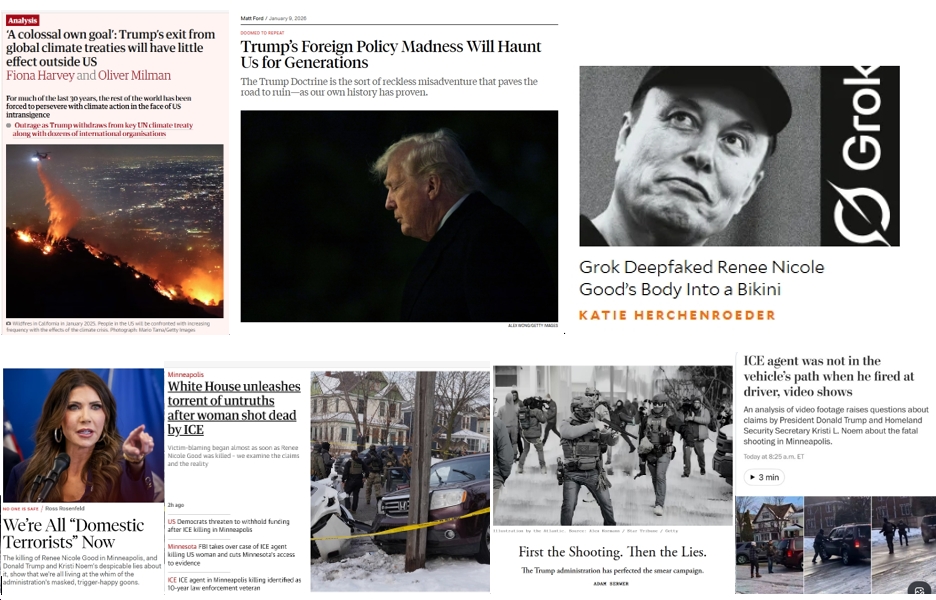PACE (Property Assessed Clean Energy) financing is a far under leveraged path to enable property (primarily building) owners to cost-effectively financed energy and resource efficiency along with clean energy. In short, PACE financing makes the payback of loans part of the property assessment with extremely low interest rates available because this is generally bundled money through the locality and payments are secured associated with the property. While it had a troubled start, many places in the United States now have robust PACE programs to facilitate homeowners and businesses to leverage PACE programs for more aggressive climate-friendly investments. Washington, DC, is one of those (with the program run by Urban Ingenuity).
Washington DC PACE Financing from Jackie Weidman on Vimeo.
Back in 2013, DC PACE executed a $340,000 loan with expectations of $40,000 a year of created value for the building owner with annual repayments of roughly $20k/year. Reduced pollution with a low-cost loan structure that made this profitable for the commercial entity from day one. A 2015 loan of $700k to the YWCA financed energy efficiency equipment and solar panels in its $17M low-cost/public housing development. And …
This week came news of the largest, to date, DC PACE financing: $25M for greening the new DC United stadium.
for installation of state-of-the-art energy and water efficiency measures, an 884 KW solar array, and stormwater retention systems on Audi Field, United’s new soccer-specific stadium with capacity for 20,000 people opening next year.
The PACE funded investments will help reduce water runoff, cut the stadium’s energy demand by about one-quarter, and the solar panels are projected to produce about 1 gigawatt hours of electricity per year or 1/3rd of the stadium’s electricity usage.

While the Trump regime issues bad news for the climate and energy smart policy from DC, the DC government is showing itself to truly be on the path toward energy/climate smart policies and practices. As Mayor Muriel Bowser put it,
We know that cities throughout the U.S. will be leading the fight against climate change, and this deal is an example of how Washington, D.C. can think globally while acting locally. This deal will not only allow us to green Audi Field, it will also create new opportunities for local businesses and high-quality green jobs for D.C. residents.”
Large projects like this help boost an area’s capacity to execute clean-energy projects: economies of scale at play, doing the DC United Stadium eases and lowers costs for tomorrow’s energy efficiency and solar projects.
“This deal”, as indicated by this post, has another potential real value: public relations and knowledge building. Will others in DC learn of the opportunity for low-cost clean-energy financing in DC due to DC United’s stadium and move to leverage it for their own projects? Will others around the country similarly learn and act to either leverage their community’s PACE program or lobby their local/state politicians to create something similar.
When it comes to ‘lobby’, Governor McAuliffe took action to set Virginia on a path to keep PACE in the clean-energy financing game. Truth be told, across the Commonwealth, there is quite limited PACE activity with few programs (Arlington, Loudoun, …). The legal and policy structure is there, however, for local entities to accelerate greatly the pace of the Commonwealth’s PACE activities. This is a program — that even with the deep political divides that inhibit substantive action in many arenas — that creates significant win-win-win outcomes of (local) job creation, financial benefits for businesses and individuals (utility savings, improved property values, increased rental income opportunities, …), and reduced pollution with a more resilient energy system. With the legal structure in place, every local jurisdiction in the Commonwealth should be moving forward with PACE programs to reap these win-win benefit streams. Time to ask your local leaders why, if so, they haven’t … and thank them if they have/are working to do so.


![Sunday News: “Trump Is Briefed on Options for Striking Iran as Protests Continue”; “Trump and Vance Are Fanning the Flames. Again”; “Shooting death of [Renee Good] matters to all of us”; “Fascism or freedom? The choice is yours”](https://bluevirginia.us/wp-content/uploads/2026/01/montage011126.jpg)

![VA DEQ: “pollution from data centers currently makes up a very small but growing percentage of the [NoVA] region’s most harmful air emissions, including CO, NOx and PM2.5”](https://bluevirginia.us/wp-content/uploads/2026/01/noxdatacenters.jpg)
![New Year’s Day 2026 News: Full Video of Jack Smith Testimony – “The attack that happened at the Capitol…does not happen without [Trump]”; Trump/RFK Jr Make Measles Great Again; Right-Wing YouTuber Nick Shirley Definitely Not a Real Journalist; Musk Did Enormous Damage in 2025](https://bluevirginia.us/wp-content/uploads/2026/01/montage010126.jpg)












